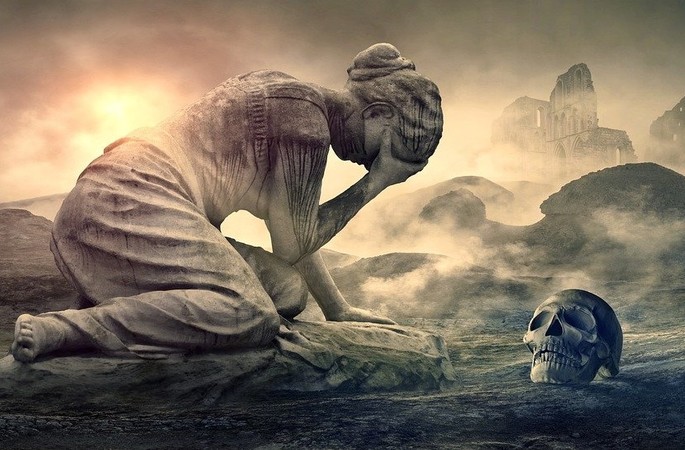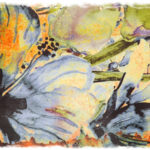“The women have been on the front lines calling for peace and an end to the conflict… and yet, the world is mostly silent.”
I crawled into bed, ready for sleep after an exhausting day. But as I browsed the web on my phone over an unsteady network connection, the news was everywhere: A massacre in Kumba. Men had stormed a school wielding guns, machetes. At least eight children were dead. At least a dozen more were injured.
In the history of the Anglophone crisis, the 24th of October 2020 will go down as a day never to be forgotten. With each headline, I could feel our collective grief, the indescribable pain we now carry at the cheap, wanton disregard for life.
For a moment, I tried to picture myself in that sacred classroom of knowledge now desecrated by the spilt innocent blood of these children.
These children—assured that they could now go peacefully to school—had left their homes in high spirits on a quest for the education that would allow them to fulfil their dreams. But, by the end of the day, they were gone. Brutally killed.
I tried to imagine how they would have raised their books and pens in defence as they were shot at in close range. Surely they screamed for mama and papa. At the thought, I died thousand times over.
And I wondered, if I, as an English-speaking minority living across the Mungo among the vast French Majority, could feel this way, how would the parents and siblings of these children feel?
When innocent kids with so much to live for, with so many dreams, are attacked and gunned down as spoils of war, you know humanity has been lost.
It’s been four years since the start of the Anglophone Crisis. Four years of living in fear. Four years of uncertainty. Four years of immeasurable loss. Four years of shattered lives and dreams. Four years of mental and emotional trauma. Four years of watching our people slaughtered, maimed, displaced, raped, etc., while the world largely turns a blind eye and maintains a stoic silence.
Kumba was just one of many. There was Ngarbuh. And just before we could attempt to absorb what really happened in Kumba, there was Limbe. There was Nkambe. And there continue to be many more.
This wasn’t what the common person on the street bargained for when lawyers and teachers took to the streets in 2016 to protest the marginalization of the English-speaking minority in Cameroon. All they ever wanted was to live their lives as equal citizens in the place they called home. Today, they have become bargaining chips in the hands of the military, separatist fighters, and the new term we now hear daily: “unidentified gunmen”.
While this goes on, the common people carry the emotional, financial, mental, and physical bondage of living directly in the face of a burning furnace they didn’t ask to have installed.
The disabled live in dread. The elderly have no strength to run. Several have died, burnt or shot at in their homes. The women have been wailing for four years.
They have been on the front lines calling for peace and an end to the conflict. They refuse to stop wailing as they witness the carnage taking away their husbands, sons, and children.
And yet, the world is mostly silent.
For some of us living in the French part of the country where the violence has not impacted us physically, we feel sad and frustrated that we cannot easily visit home. We feel restless, worrying about our friends and family in the thick of things. We are disappointed and angry when plans are yet again suspended because of the unrest. In our frustrations, we feel guilt. When we see how seamlessly life goes on where we are, that guilt only intensifies.
Peace has been elusive for four long years. Even a semblance of peace could mean kids going to school without fear of being killed in their quest for knowledge.
Peace could mean people in the English-speaking regions of Cameroon could readily sleep with both eyes covered without the fear of being gunned down or raped or maimed.
Peace could mean the elderly and disabled are given a chance to live life and die in dignity.
Peace could mean some of us would live life without restlessly worrying if our people are well or being slaughtered.
Peace could mean willingness to #EndTheAnglophoneCrisis. It would mean that they are left to enjoy equal opportunities within the land they call home.
Peace could mean travelling without fear of being kidnapped or killed. It could mean a lot of things for the common person.
Peace would mean women and others wailing and raising their voices will no longer shed blood for tears.
This story was published as part of the World Pulse’s Story Awards program.



